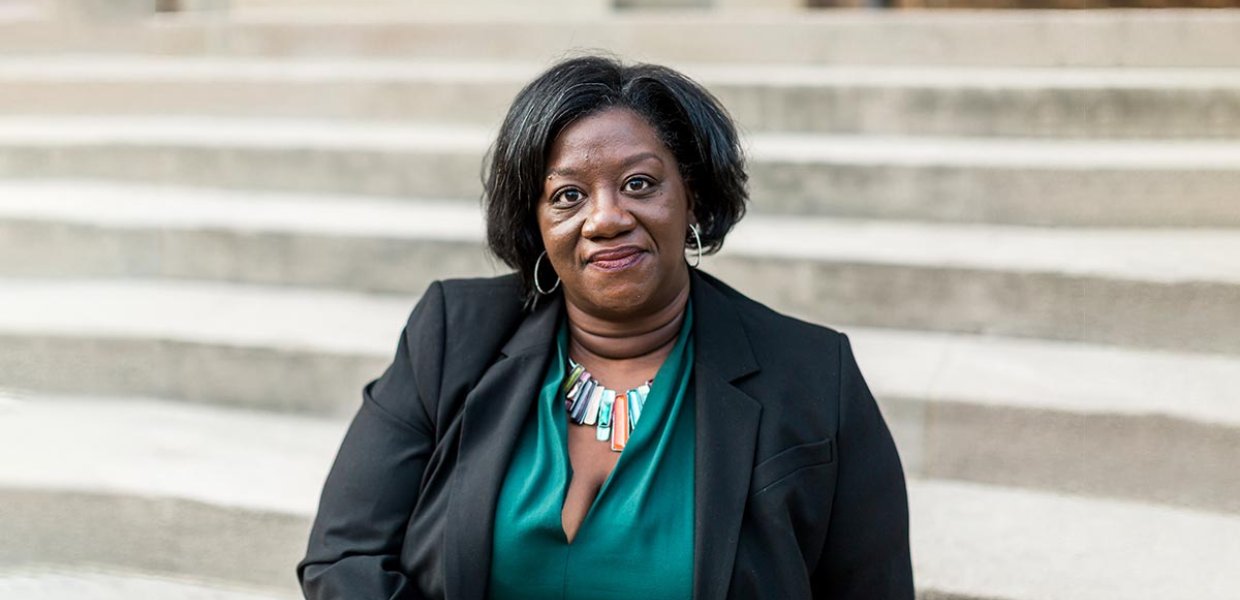
Redefining impact: Bringing community engagement to health communication scholarship
Monday, March 22, 2021
Noon – 1 p.m. PT
Online
Join us for a candid conversation about the nuts and bolts of developing and executing a community-engaged program of research, whilst meeting the requirements of the academy. We will discuss our successes and failures, the costs and benefits, and the struggle to measure impact as scholars of both communication and public health. Shawnika Hull will share about her experiences designing and implementing her Acceptance Journeys Campaign (images below).
Shawnika Hull, Assistant Professor of Communication, School of Communication and Information, Rutgers University
Hull’s research focuses on reducing racial inequities in HIV incidence through community-engaged, applied communication science. In particular, she develops, implements and evaluates theoretically grounded communication interventions focused on impacting individual and social-structural barriers to HIV prevention. This research is informed by, and developed in close collaboration with community partners. Her expertise includes qualitative (i.e. focus groups) and quantitative (i.e. surveys, experiments) data collection and analytical methods. Her research has been funded through various institutional, non-profit (i.e., MAC AIDS Fund) and governmental mechanisms (i.e., NIH, CDC) and published in communication and public health journals. Her rigorous, theoretically grounded, collaborative approach to research informs health communication theorizing and practice. Hull earned her PhD in communication at the University of Pennsylvania. She is a visiting professor at the Center for AIDS Prevention Studies, UCSF.
Robin Stevens, Associate Professor, USC Annenberg
Robin Stevens, PhD, MPH is a health communication scholar working to achieve health equity in African American and Latinx communities in the United States. Stevens uses digital epidemiology to investigate youth well-being, sexual health, mental health and substance use in the context of the digital neighborhood. She uses interdisciplinary community-engaged approaches to improve the health and well-being of Black youth. Her work is supported by the National Institutes of Health and the Robert Wood Johnson Foundation.
Stevens is the director of the Health Equity and Media Lab. She received her AB from Harvard College, MPH from the University of Michigan, and PhD from the Annenberg School for Communication, University of Pennsylvania. She is a proud Philadelphian.